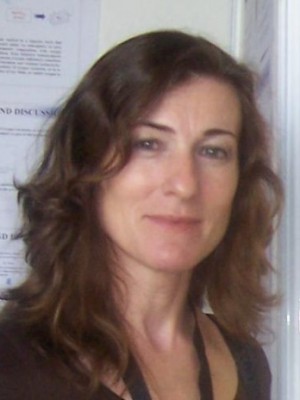abstract
This work reports the biodegradation of phenol with enhanced efficiency in a sequencing batch reactor (SBR) after an acclimatization procedure with mixed culture activated sludge. The effects of temperature, initial phenol concentration and acclimatization procedure on phenol biodegradation were investigated. Acclimatization greatly favoured biodegradation rate of the phenol, while temperature showed no significant effect. After 60 days of acclimatization, the Haldane kinetic inhibition model indicated that activated sludge could degrade phenol at the maximum rate of 0.117 (g phenol/g VSS/h) at pH similar to 6 and phenol concentration of 400 mg/L at room temperature (T = 15-18 degrees C). Kinetic parameters including maximum phenol degradation rate (q(max)) of 0.521 (g phenol/g VSS/h), half-saturation constant (K-S) of 692 mg/L and an inhibition constant K-I of 231 mg/L were computed. The results of this study represent the highest phenol biodegradation efficiency in terms of the parameters such as time and phenol concentration, suggesting that acclimatized activated sludge exhibited a high resistant ability to phenol. In addition, inhibitory effects were identified at phenol concentrations higher than 400 mg/L. The system also showed high degree of stability and resistance to a load shock by increasing the initial concentration of phenol from 500 to 1000 mg/L.
keywords
INDUSTRIAL WASTE-WATER; TREATMENT TECHNOLOGIES; IMMOBILIZED CELLS; AEROBIC GRANULES; ADSORPTION; TOXICITY; REMOVAL; SUSTAINABILITY; BIOREACTOR; PARAMETERS
subject category
Engineering
authors
Kamali, M; Gameiro, T; Costa, ME; Capela, I; Aminabhavi, TM
our authors
acknowledgements
Authors are thankful to the financial support from CESAM (UID/AMB/50017) to CICECO-Aveiro Institute of Materials, POCI-01-0145-FEDER-007679 (FCT Ref. UID/CTM/50011/2019), to FCT/MCTES through national funds and co-funding by FEDER within the PT2020 Partnership Agreement and Compete 2020. We also thank FCT for a doctoral scholarship No. SFRH/BD/103695/2014 to M. Kamali.



